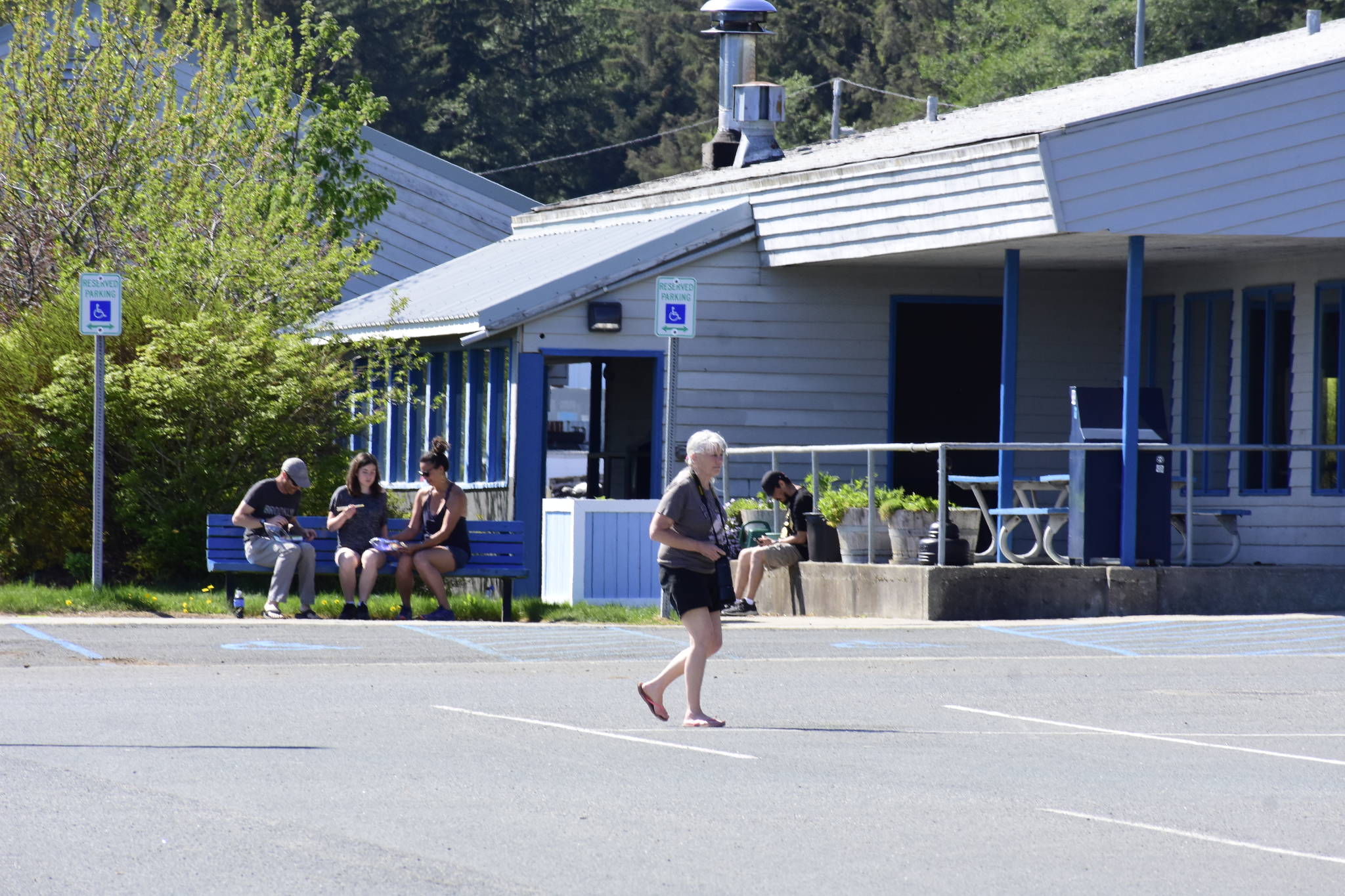A restructured advisory board would have long-term planning for the Alaska Marine Highway System as one of its primary roles if a bill recently submitted by the governor gets through the Legislature.
Gov. Mike Dunleavy submitted a bill Wednesday which would replace the existing Marine Transportation Advisory Board. The new AMHS Operations and Planning Board would consist of 10 public members and the Department of Transportation and Public Facilities Commissioner, according to the text of the bill. The composition of that board must include people with business experience, marine operating experience and representatives from communities served by the ferries, among others. At least one member must represent an Alaska Native tribe or organization, according to the bill.
Public members would serve staggered three- and five-year terms, the governor said in a letter to lawmakers, and the composition of the board would not be able to change entirely within a single governor’s administration. The board will also prepare long-term operations plans for AMHS and prepare a report on their implementation annually, according to the letter.
“This restructured board can provide the skills and the experience of long-term operations, with an enhanced ability to increase revenue and reduce costs,” Dunleavy said in the letter.
[Lack of planning hampers AMHS, lawmakers say]
Dunleavy established an AMHS Reshaping Work Group in 2020 that released a report the same year. The inability to plan long-term and AMHS’ funding caught in a year-to-year budget struggle were cited by the report as major factors hampering the system’s effectiveness. Only a day earlier, Southeast lawmakers bemoaned the lack of planning at a finance subcommittee meeting, with Rep. Dan Ortiz, I-Ketchikan, saying he hoped to be able to discuss the matter with the administration soon.
Speaker Louise Stutes, R-Kodiak, has been a strong supporter of AMHS and submitted her own bill with similar goals. Stutes’s bill would also reconfigure MTAB into a more long-term oriented board charged with producing a long-term plan.
The governor’s bill comes with a $0 fiscal note, saying DOT will provide staff and assistance to the new board just as it has for MTAB. Future decisions regarding the board may change that, according to the note.
But long-term planning is just one of the many issues plaguing the system. Aging vessels and declining ridership have put the system on its back foot even as coastal communities dependent on the ferries for business and transportation advocate for more reliable service.
Speaking for himself, MTAB’s current chair Robert Venables said he was glad to see both the Legislature and the governor acknowledge the need for a governance change at AMHS. Venables said MTAB had not yet had time to review and comment on the bill, but he personally felt the bill was a step in the right direction.
Venables, who also serves as executive director for regional development group Southeast Conference, said he’d like to see the governor use his executive authority to get things moving so as to not have to wait on lawmakers to act. Rep. Sara Hannan, D-Juneau, told the Empire Tuesday while discussing AMHS that large overhaul bills are often a two-year process.
“I personally don’t want to wait another year or two, it’s already too late,” Venables said.
• Contact reporter Peter Segall at psegall@juneauempire.com. Follow him on Twitter at @SegallJnuEmpire.

